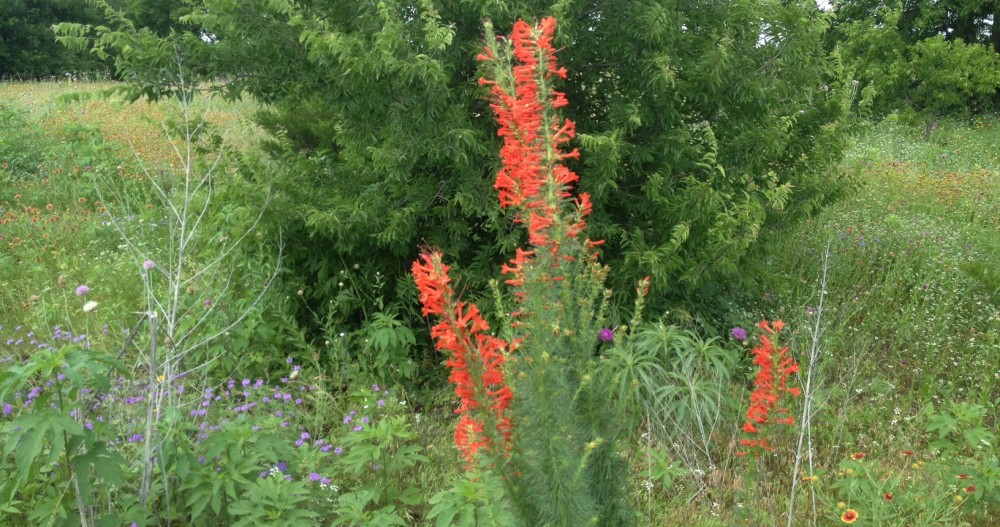Horseradish is a radish.
It is not a radish for horses.
Itself, horseradish will kill a horse.
It is called horseradish because it is strong.
Caesar was strong. On his horse stopped at the bank of the Rubicon River, Caesar had a choice to make. The Rubicon separated the province of Gaul from the homelands of Imperial Rome. Caesar lifted in the saddle of his warhorse and glanced back at the legions massed behind him. To enter Italy regaled for battle at the head of those seasoned troops from the Gallic campaigns would evoke cries of “revolt” and “traitor” in the Roman Senate. To enter alone would place the future of the conqueror of Gaul in the hands of politicians. Either way, the general knew his fate was sealed. The choice was his. Ten thousand eyes watched as Caesar raised a hand, held it aloft, then slowly lowered the hand, a single finger extending toward Rome. Caesar would determine Caesar’s fate. Prodding his mount, the five-toed hoofs splashed across the Rubicon. There was now no turning back. Caesar had crossed his Rubicon.
The horse is an ancient animal. It may have been the first animal to partner with man. The matter of first meeting is consigned to the mists of time. That misty morning on the bank of the Rubicon, the horse was a worthy and trusted comrade in arms and companion in peace. The hoofs of the other warhorses were single-toed, as are the feet of all modern equine ascendants. Not so Caesar’s. Caesar’s steed had five toes.
The conqueror of the world was superstitious. To him, it bode ill to lead with a single-toed mount. The hoofs of Caesar’s horse were contoured to appear as five. At first dawn, the original horses were five-toed. At the dawn of the greatest empire the world has known, it was an ancient steed that bore the new Caesar across the stream to meet his fate and change the way of all things.
In a sense, the wild horses are gone — except one. In Manchuria, there is a horse that gallops across the steppes and climbs the remote hills, a horse whose line touches none tamed. For this horse, there is no domesticated ancestor. The Przewalski’s horse is said to be the last wild horse. What we call today wild things are often not. They are the feral descendants of those who have escaped, bred and become wild again. Przewalski’s horse is an original, an orange horse, a proud majestic animal searching the open lands for something or someone more.
In a darkened room, I read two grandchildren the story of an orange horse and its young rider. The orange horse and small girl feared each other and more the sneers of the other children and their horses. Something happened. In the open, when allowed to gallop, the two raced past the crowd, followed by the amazed trailing stares of children and horses alike. There is a wild healing spirit in the horse that draws us together. The little girl and the orange horse found that and realized how much more two could be as one.
After experiencing the theatrical production “Warhorse,” I read of the play’s beginning. A young child wasn’t talking. The boy was isolated and silent. The author of the successful book and play sought to help such children at the country estate with its lands and animals. Nothing seemed to help with the little boy. Then the writer saw the boy leave at night and followed. At the stall, the child reached up, rubbed the long head and talked freely and well to the quiet dark eyes of the horse. In the young boy’s voice, the author found his tale. I like to think that horse was orange, and the little boy who couldn’t speak was the writer seeing and finding himself.
The horse is strong. In that strength is a curious wild thing that seeks to be shared but is never completely controlled. All horses — domesticated, feral and, yes, even wild orange — never lose that freedom. I think they can’t, any more than we can fail to sense and seek what they offer so freely. Together, they carry us forward to more gladly find our fates.
Care for your friend and protect each other.
When there, do no fear your Rubicon.
We all must pass that stream.
How is each our choice.
But not yours alone.
Don’t go alone.
Grandpa Jim
